entity list
Latest

ARM won't sell its latest chip designs in China due to US and UK export controls
ARM won't sell its latest chips to Chinese tech giant Alibaba after concluding that the US and UK would not approve licenses to export the tech.

US blacklists Chinese supercomputer organizations over military support
The US Commerce Department has put seven Chinese supercomputer organizations on its Entity List for contributing to China's military.
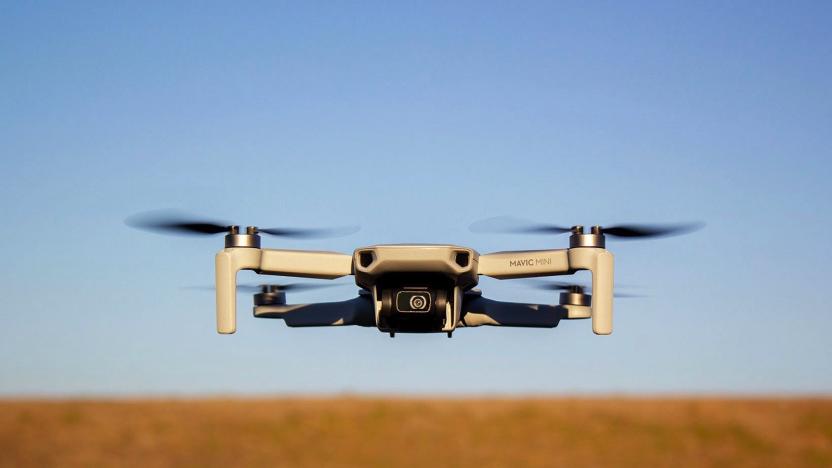
DJI says products will stay on sale despite US trade ban
DJI says its drones will continue to be available despite the US trade ban, but it's uncertain how long that will last.

DJI can no longer buy components from the US for its drones
The Commerce Department said the drone maker 'enabled wide-scale human rights abuses within China.'
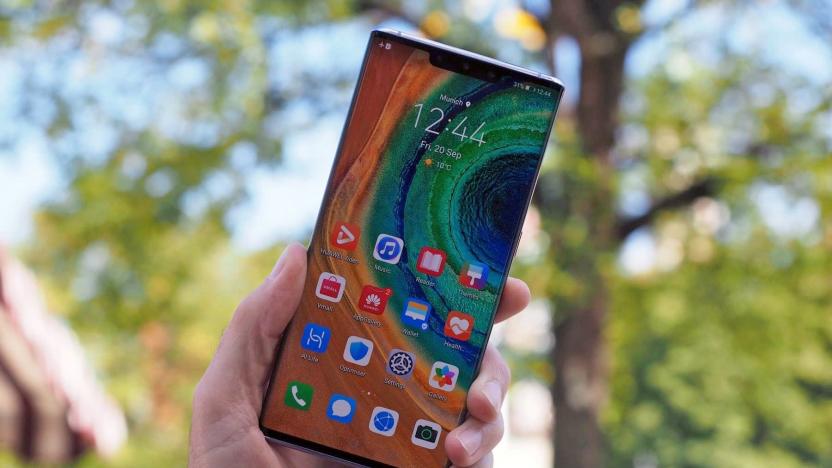
Google fully explains why its apps aren't on new Huawei phones
Since last spring, the government's entity list ban against Huawei (and ZTE) has largely prevented US companies from working with them. Despite legal wrangling and trade negotiations between the two countries the ban is still in place, and in the case of Google, it means that while there are still updates and services available on older devices, any new Huawei phones (like the Mate 30 Pro, shown above) don't have access to its services. This has been the case for months now, but today Google posted a longer explanation, which it said was in response to continued questions about the issue. For end users, especially those outside the US and China, it might not be immediately clear why the usual suite of Google apps and services aren't on new Huawei phones and now there's at least a detailed official explanation to reference. It could also serve the purpose of warning off anyone planning on making a workaround available, like the LZ Play one that was blocked last year. Android & Play legal director Tristan Ostrowski also laid out the company's opposition to people sideloading its apps. According to him it's because Google can't certify new Huawei phones, due to the ban, and cited the risk of compromised security either in the devices or via an app that has been tampered with. While Huawei had hinted at replacing Android with its own OS, it's continuing to use Android, and replaced Google services with those of other companies like TomTom, for maps and navigation.

NYT: Trump admin set to extend Huawei license again
In May, the US Commerce Department added Huawei to the "Entity List," banning US companies from doing business with it unless they have a special license. Since then it has extended temporary licenses for existing customers, like mobile phone users and rural telecoms that use its equipment. The most recent extension is set to expire next week, but the New York Times reports the Trump administration is set to extend it a third time, for a length of time that is unknown. This deadline is arriving against the backdrop of negotiation over trade between the US and Chinese government, and the report also indicates that the administration is considering "product specific" licenses that would allow some companies to keep supplying Huawei.
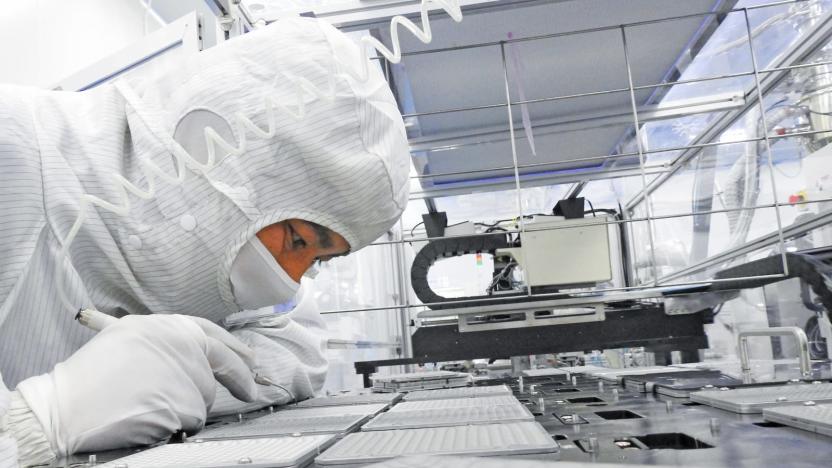
Trump administration may blacklist Chinese firms that routinely copy tech
The US trade war is meant in part to punish China for allowing intellectual property theft, but the Trump administration might not be convinced it goes far enough. Washington Post sources claim that White House advisor Peter Navarro is exploring a presidential executive order that would put Chinese companies on the Commerce Department's entity list if they frequently violate American copyrights and patents. A Chinese firm that routinely copies device designs or software features could find itself blacklisted in the US even if it didn't pose a national security threat.
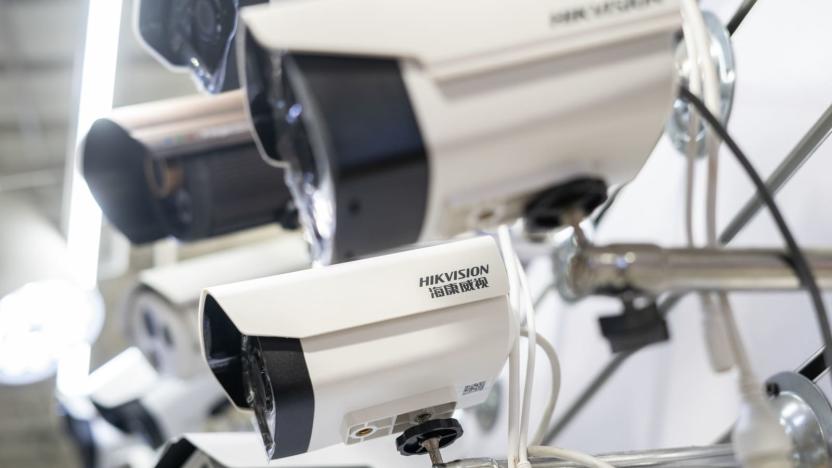
US government adds Chinese facial recognition firms to entity list
A total of 28 Chinese organizations have been added to the US government's "entity list," including eight tech corporations that specialize in video surveillance, facial recognition and artificial intelligence. The administration has effectively prohibited them from working with and buying from suppliers in the US over human rights concerns. In a filing (PDF) to be published by the Department of Commerce, the government said the firms were blacklisted for the role they play in the "implementation of China's campaign of repression, mass arbitrary detention, and high-technology surveillance against Uighurs, Kazakhs and other members of Muslim minority groups" in the Xinjiang province.
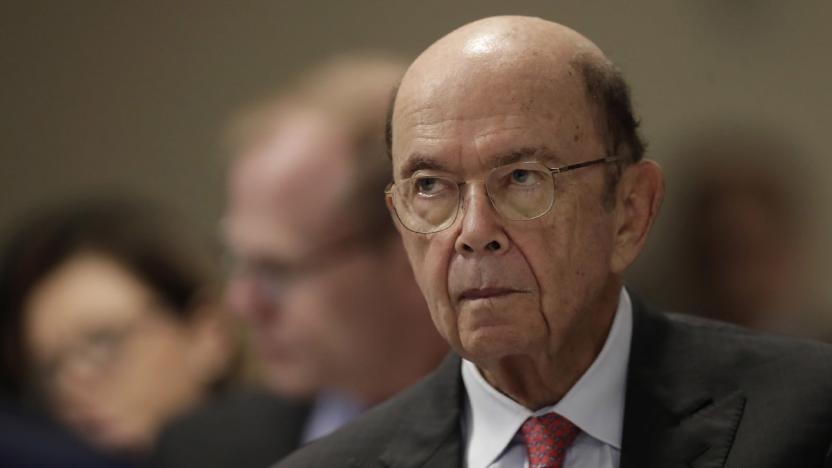
US gives Huawei another 90 days to serve existing customers
The US government has granted Huawei another 90 days to buy from American suppliers. The "temporary general license" extension will allow Huawei to continue servicing existing US customers before it is fully blacklisted, Reuters reports. The company now has through November 19th to maintain existing telecom networks and provide software updates to existing Huawei handsets.
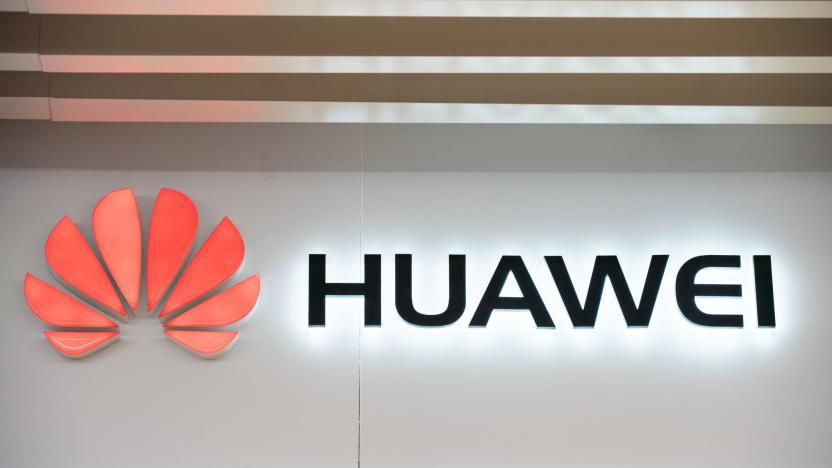
Huawei phone sales increased by over 20 percent despite sanctions
Huawei has seen its business hold steady through the first half of 2019 despite the international issues that surround it. The company has been accused of being too close to China's leadership, producing insecure products that could be used for surveillance.






